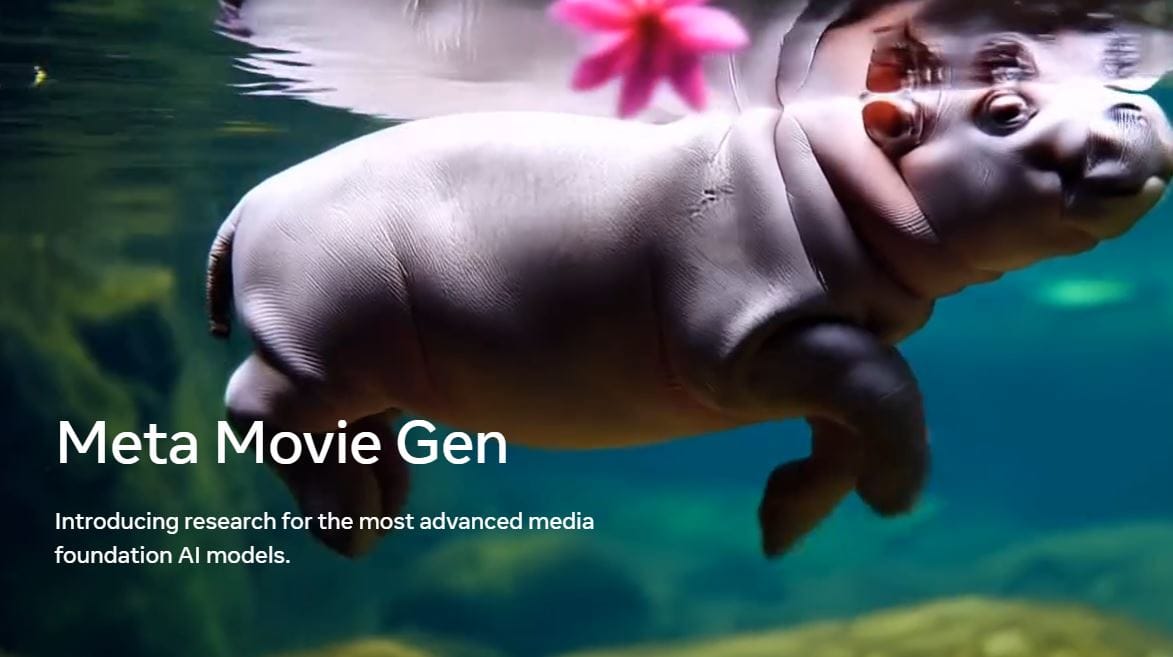Have you ever wondered what life would be like if the world was in a constant state of war? It’s a terrifying thought that could reshape everything we know about our daily lives, our societies, and our future. Let’s explore this dystopian scenario and its potential impacts.
How Would Daily Life Change?
Imagine waking up each day knowing that conflict is everywhere. Regular routines would be turned upside down. Instead of commuting to work or school, people might be constantly on the move, seeking safety and shelter. Basic necessities like food, water, and medical supplies would become scarce and highly prized.
Key changes in daily life could include:
- Constant fear and anxiety: The threat of violence would be ever-present.
- Disrupted infrastructure: Roads, bridges, and utilities could be destroyed, making travel and communication difficult.
- Military presence: Armed forces and checkpoints would be a common sight.
What About Education and Work?
In a world at war, education would likely suffer. Schools could be repurposed as shelters or military bases, and many teachers and students might be unable to attend due to safety concerns. Online education might become more common, but even this would be hampered by unreliable internet access.
Workplaces would also change drastically:
- Industries could collapse: Many businesses might shut down, unable to operate in a war-torn environment.
- Focus on war-related jobs: Manufacturing weapons, providing medical care, and rebuilding infrastructure would become primary occupations.
- Remote work challenges: For those who can work from home, power outages and internet disruptions would be frequent obstacles.
How Would Society and Culture Evolve?
Society would inevitably transform in response to constant warfare. Community bonds might strengthen as people band together for survival, but there could also be increased tension and distrust.
Changes in society and culture might include:
- Heightened nationalism: People might become more patriotic, rallying around their country.
- Censorship and propaganda: Governments could control information to maintain morale and support for the war effort.
- Cultural shifts: Art, music, and literature might focus on themes of conflict and resilience.
What Are the Environmental Consequences?
Constant war would wreak havoc on the environment. Bombings, chemical warfare, and deforestation for military purposes could lead to severe ecological damage.
Environmental impacts might include:
- Pollution: Air, water, and soil could become contaminated with harmful substances.
- Loss of biodiversity: Wildlife habitats could be destroyed, leading to the extinction of various species.
- Climate change acceleration: Military activities produce significant carbon emissions, worsening global warming.
How Would Healthcare Be Affected?
Healthcare systems would struggle to cope with the demands of a world at war. Hospitals might be overwhelmed with casualties, and resources like medicines and medical staff could be in short supply.
Healthcare challenges might include:
- Limited access to care: Many people might be unable to reach medical facilities.
- Increased disease spread: Poor living conditions and lack of sanitation could lead to outbreaks.
- Mental health crisis: The constant stress of war could result in widespread psychological trauma.
Would There Be Any Technological Advancements?
While war often drives technological innovation, these advancements might come at a high cost. Military technology would likely progress rapidly, but other areas of innovation could stagnate due to resource diversion.
Potential technological advancements might include:
- Improved defense systems: Enhanced weaponry, surveillance, and cybersecurity.
- Medical technology: Advances in trauma care and prosthetics.
- Communication tech: New ways to stay connected in hostile environments.
How Would Governments and Politics Change?
Political landscapes would shift dramatically in a world at war. Governments might adopt more authoritarian measures to maintain control and ensure national security.
Political changes might include:
- Martial law: Increased military control over civilian life.
- Alliances and enmities: Nations might form new alliances or become bitter enemies.
- Reduced freedoms: Civil liberties could be restricted in the name of security.
What Could Be the Long-Term Effects?
The long-term effects of a world in constant war would be profound and far-reaching. Future generations might grow up knowing only conflict and instability, with their outlook on life shaped by these harsh realities.
Long-term consequences might include:
- Generational trauma: Children raised in war zones might struggle with psychological scars.
- Economic instability: Continuous war could cripple global economies.
- Shift in global power: Nations that can sustain their war efforts might emerge as dominant forces.
In summary, a world in constant war would be unrecognizable compared to the one we know today. Daily life, education, work, society, the environment, healthcare, technology, and politics would all undergo drastic changes, shaping a bleak and uncertain future.






